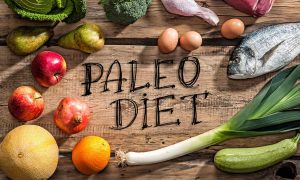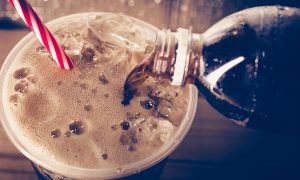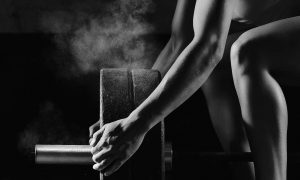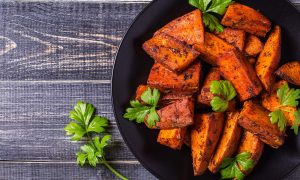8 Pros And Cons Of Low Carb Diets
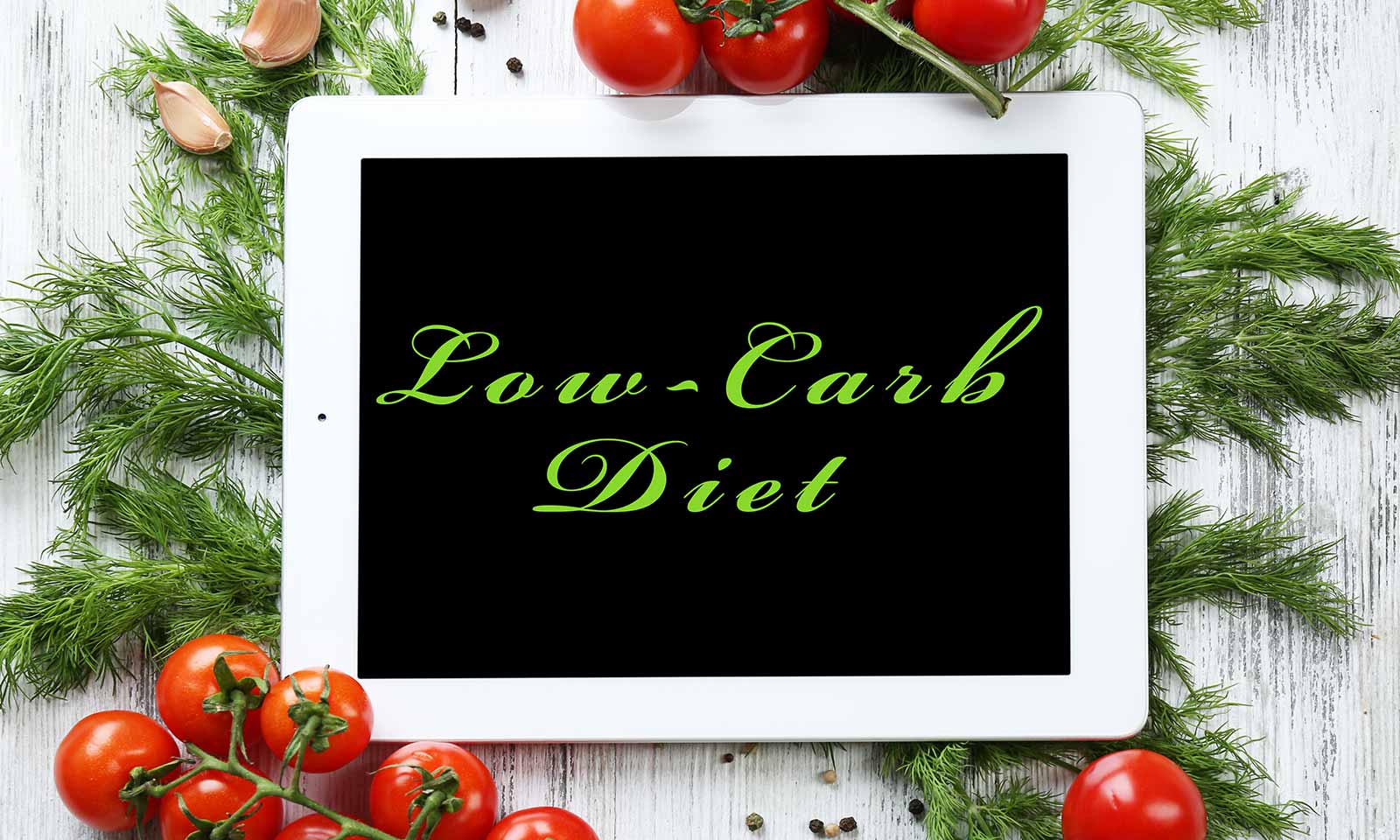
|
|
Low-carb diets have been around for a number of decades now, made famous by a certain Dr Atkins, of ‘The Atkins Diet’ fame, but for a while they seemed to die down and go into hibernation for several years, decades in fact. Then, all of a sudden, a number of Hollywood celebs and other individuals constantly in the public eye, used these types of diets to strip away body fat, and to everybody’s amazement, they shed the pounds and looked absolutely fantastic as a result. To begin with, sceptics were adamant that you couldn’t possibly lose weight by eating foods such as eggs, bacon, cheese, and sausage for breakfast, yet the evidence was quickly made available for all to see. Low carbohydrate diets do indeed work, and they work very well, but you have to be very, very careful when following them, and you have to know exactly what you are doing as well. Here we’ll be looking at how they work, plus we’ll be providing you with 4 pros and 4 cons associated with low carbohydrate diets, so you can make up your own mind as to whether or not this could be the right diet for you.
How do low carb diets work?
Basically, the idea behind low carbohydrate diets is that you trick your body into thinking that it is starving, so that it digs into its body fat reserves and uses them as a primary source of fuel. From an evolutionary standpoint, fat is actually the body’s preferred source of fuel, it’s just that it finds it much easier to convert carbohydrates into glucose, which it then uses as energy instead. If you take away the carbohydrates however, ketone enzymes are secreted via the liver, forcing the body into ketosis, which is where it then uses fat for energy. Usually it takes around 2 – 4 days for a body to enter ketosis, providing of course, that there are no carbohydrates being consumed.
Pros
Now that we have a basic understanding of how low carbohydrate diets work, let’s take a look at some of the more positive side effects and benefits associated with following a low carbohydrate diet.
Fat loss

First and foremost, the most obvious benefit associated with low carb diets, and, some would say, the most prominent benefit, is the fact that the diets themselves allow you to lose fat, and to be more precise, they allow you to lose a lot of fat as a result. With most standard diets, you will lose around 1 – 2 pounds per week, before eventually hitting a plateau in which the body finds it much, much tougher to lose weight. Whilst this is a healthy amount of weight to lose, the fact is that, because a low carb diet is such an extreme for a person that would ordinarily consume large quantities of carbs each day, when you do enter ketosis for the first time, the weight will literally drop off of you, and it is not uncommon for people to lose between 7 and 10 pounds, much of which will be fat, in their very first week of dieting. Like all diets, these numbers quickly slow down, but the fat will continue to fall off for a very long time. Many bodybuilders and people struggling with a few pounds of stubborn body fat, will go on a low-carb diet to obliterate those last few pounds of fat and reveal the muscles hiding beneath. The bottom line is that your body will become leaner by the day, which is a huge plus.
Enjoy “non-diet” foods
The main reason why we hate dieting so much is that, ordinarily, we need to eat bland and tasteless foods which, although being good for us, do not taste too great and certainly do not make us happy when we’re eating them. Snacking on carrot batons and homemade humus is not the same as snacking on hot wings whilst watching the game on the big screen, but the good news is that you can snack on foods such as hot wings, and still lose weight each day. Low-carb diets allow us to consume foods including: eggs, bacon, butter, cream, sausages, cheese, steak, meat, and much more, as well as veggies of course. That means that if you do wake up feeling peckish, you can make a 3 egg omelette, load it up with cheese, and enjoy it with bacon, sausage, and mushrooms without worrying about calories. You don’t count calories on this diet, you simply count the carbs. Of course you should eat relatively clean for your health, but you can enjoy foods that you never would have imagined, when you follow a low-carb diet.
Eat when you’re hungry

Another downside of regular diets is the fact that people count calories and so once they hit their daily targets, they can’t have anything else, so they either have to suffer through the hunger, or break their diets, undo their hard work, and make themselves miserable in the process. With many low carb diet plans however, providing your foods contain no/low amounts of carbs, you can eat whenever you want and you can eat as much as you want. If you finish your dinner and get hungry a few hours later, no problem, go grab another pork chop or boiled egg. The fact that you don’t have to deal with the detrimental side effects of constantly feeling hungry is hugely uplifting.
More energy
Finally, the last great major benefit of a low carb diet, is the fact that, after you enter ketosis, you will feel fantastic and you will have so much energy that you won’t know what to do with it. Because you are getting energy, not only from the foods you consume, but also from your body fat reserves, the extra stockpile of body fat you have for energy, will go to great use and you’ll feel absolutely fantastic, will feel awake, will feel alert, and you’ll be more productive than ever. This not only benefits your mind, it also benefits you physically, and can help make workouts in the gym a great deal more productive as well.
Cons
Now that we’ve looked at the positives, let’s now cover the negative aspects associated with low carbohydrate diets.
They CAN be bad for your health

Some studies have revealed that, low carb diets placing an emphasis on too many “unhealthy” foods, I.E bacon and cheese, can be bad for your health, and whilst there is also evidence that disputes these claims, it can be tough to imagine how eating copious amounts of unhealthy fats and processed meats, can not have a detrimental effect on your health and well-being. It is people’s blood pressure, cholesterol levels, arteries, livers, kidneys, and cardiovascular systems that are thought to be the most at risk, although some evidence does show that low carb diets could actually reduce blood pressure and harmful LDL cholesterol, whilst strengthening the heart as well.
Lack of nutrients
Another potential downside associated with this diet is that it can lead to over-consumption of generally “unhealthy” foods, meaning that people could be at risk of not getting enough nutrients. Rather than eating fried meats, cheese, and a cream sauce with every meal, you should instead try to eat a healthy and balanced meal, minus the carbs of course. For example, a grilled steak with asparagus and broccoli, would contain virtually no carbs and would provide vitamins, minerals, and energy. Salmon and a mixed leaf salad is another good example, as well as low-carb vegetable soups. Basically, you need to ensure that you are getting enough vegetables as part of your daily diet, as they contain many of the nutrients that your body requires.
Can be easy to mess up
Another common mistake that people make with low carb diets is, not reading the list of ingredients found on food labels and packaging. For example, although some sausages can be made from 100% meat, there are others that can contain as little as 30% meat, with the rest being made up of wheat, bread, and rusk etc. This means that just one sausage could take you over your daily carbohydrate intake goals, and worst of all, unless you read the ingredients, you’d have no idea. Fruits are also rich in sugars, and therefore carbohydrates, yet people don’t realise this, and wonder why they’ve gained weight when it comes to weighing day. The bottom line is that you should know exactly what you are putting into your body when you eat and drink.
You will feel awful at first
When you make the initial transition from high carbs to virtually zero carbs, you will feel awful, and there is no way around this. You will feel cold, you’ll have the shakes, you’ll feel exhausted, you’ll have a headache, you’ll feel nauseous, and you’ll crave carbohydrates. This lasts around three days until one morning you’ll wake up, your headache will have gone, you will feel great, and you will have more energy than you know what to do with. This is an indication that you are now in ketosis, and that is where the fun can really begin.

